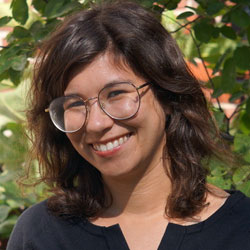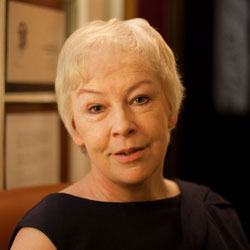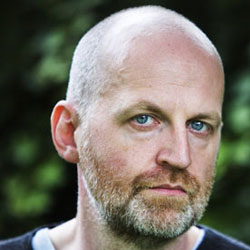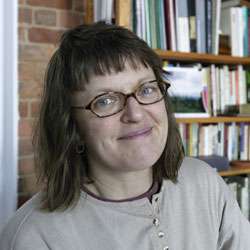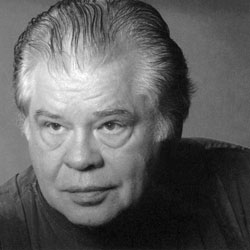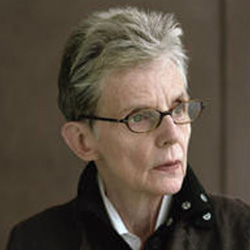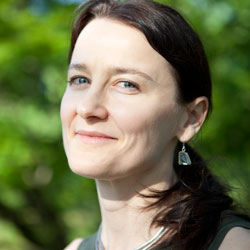The camera adds ten what, I can’t remember.
But the threat’s enough to make me stay
away. I don’t want any more of what I have.
I don’t want another spider plant. I don’t
want another lover. Especially I don’t want
another clock, except insofar as each of us
is a clock, all hammers and counting
down. And yes, I know by heart the list
of lifetimes. A worker bee will die before
a camel. A fox will die before a pilot whale.
A pocket watch will die before the clock inside
the crocodile—I think of this often, but never
tell my lover, as I do not tell him that,
upstairs, a moth is pinned by the window
sash. I make no plans to free it. Everyone says
the baby looks like me, but I can’t see it.

